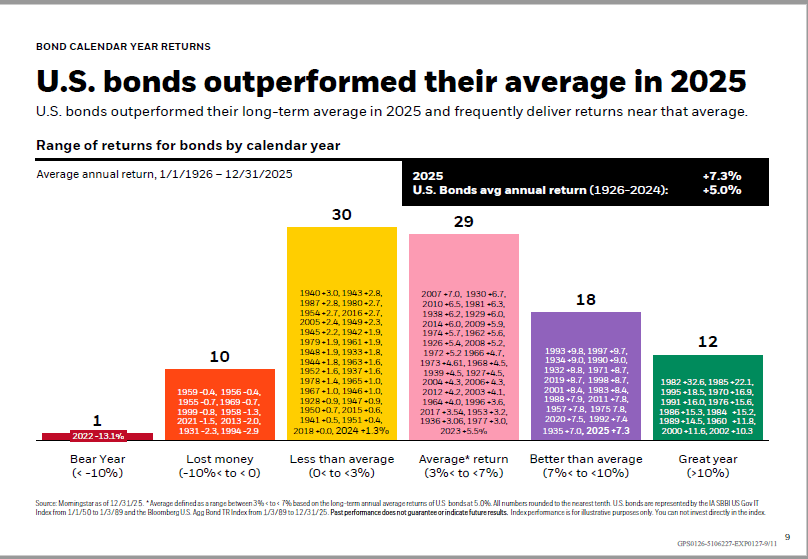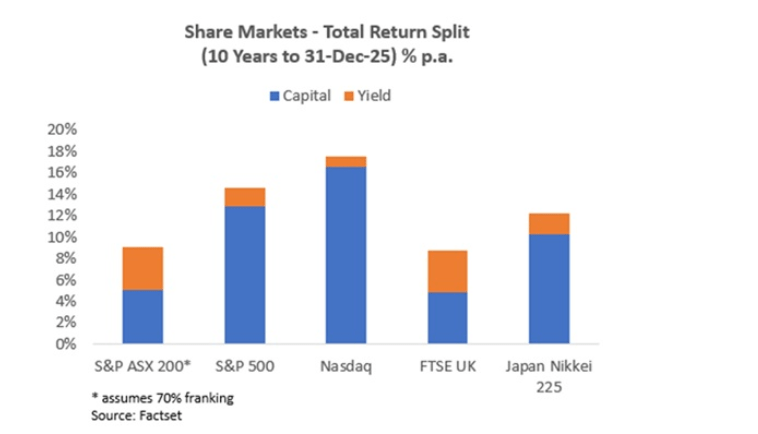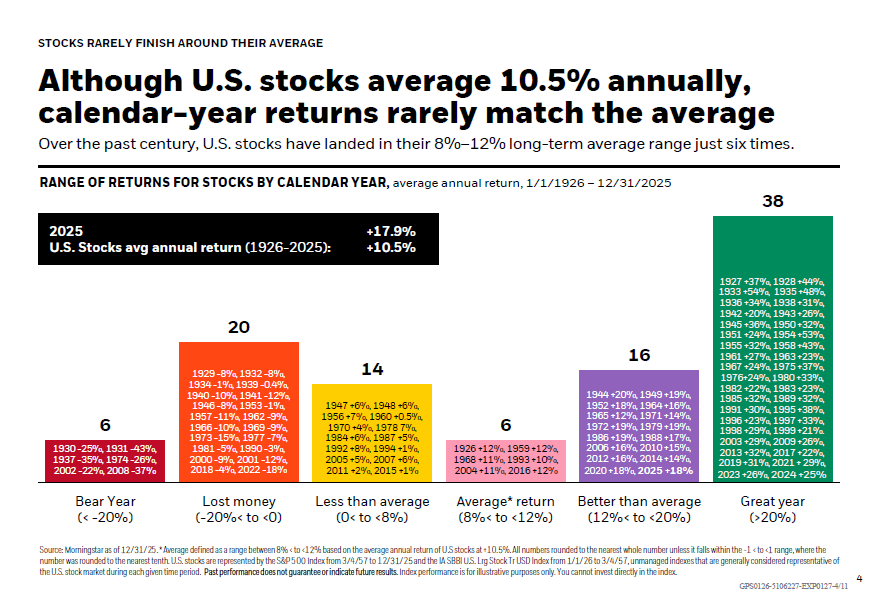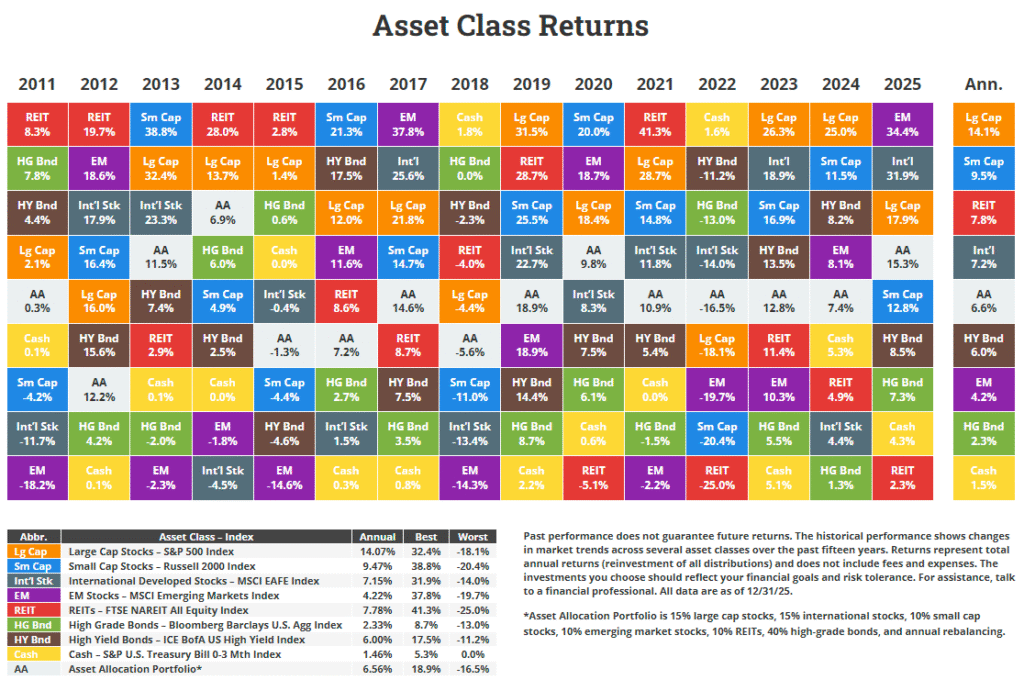The “sin” sector in the equity markets includes companies that operate in businesses such as making and selling liquor, weapons, casinos and cigarettes. These are called “sin” industries for the obvious reason that people engaging such activities as drinking alcohol or gambling are committing sins. These industries tend to have high profit margin and there is money to be made from the actions of the sinners. For example, majority of the people that visit casinos to gamble lose money and these operations exist to simply to extract money from the pockets of gamblers. Hence casinos make huge amounts of profits. States run lotteries are also legally-approved gambling operations to extract money from poor folks in order to do some noble deeds like building a library, build a road, etc. However there is no way to profit from them since states have a monopoly on the lucrative business. Similarly cigarette smoking is an addiction and tobacco firms are able to sell their products to smokers with huge markups and generate solid earnings. Investors willing to invest in these industries have the potential to earn substantial returns since the companies in this sector perform well.
I came across two articles related to investing in the sin sector. From an article by Tom Stevenson of Fidelity Investments, UK:
Does it pay to be a saint or a sinner? Browse the investment bookshelves and you will end up none the wiser. That’s because for every sober-looking volume promoting ethical investing, you’ll find another more interesting-looking book extolling the virtues of vice.
The reality is actually somewhere in between, according to three professors at the London Business School who have crunched the numbers on sin and social responsibility. They conclude that the best returns may well come from seeking out the stock market’s black sheep and bringing them back into the fold.
First, the facts. Sin does pay for two reasons. First, companies operating in the market’s murkier corners – booze, tobacco, guns and gambling – have a steady demand for their products regardless of economic conditions, they tend to be high-margin businesses and they enjoy high barriers to entry. They are profitable and defensive.
Second, the tendency for some investors to shun these businesses on ethical grounds can result in them trading below their intrinsic value. An unpopular investment will tend to offer investors a higher yield – and because income is the principal component of total return over time this can lead to investment success. Even if the stocks the remain at a valuation discount, they will benefit from the compounding of their high dividends.
On tobacco stocks Mr.Stevenson added:
Tobacco illustrates the potential of investing in sin. Prior to the mid-1960s, before smoking became a sin, tobacco stocks underperformed the market. Once the health issues became well-known cigarette companies started to outperform and they have been key components in the portfolios of some of the most successful investors, like Neil Woodford.
Source: Face facts: there’s money in sin, Feb 17, 2015, Fidelity Investments, UK
The Wall Street Journal’s Jason Zweig also wrote an interesting piece on this topic. From the article:
New research indicates that a distaste for “butts, booze, bets and bombs” may depress prices for such stocks in the short run, enabling “sin-vestors” to outperform in the long run. It also suggests that if you seek to beat the market, you should favor whatever is most profoundly unpopular.
A study released this past week by finance researchers Elroy Dimson, Paul Marsh and Mike Staunton of London Business School shows that over the past 115 years, U.S. tobacco stocks returned an average of 14.6% annually, compared with 9.6% for U.S. stocks.
Since such a differential grows powerfully over long periods, $1 invested in tobacco stocks in 1900 would have grown to $6.3 million by the end of 2014; the same $1 in the broader stock market would have grown to $38,255. Similar results have been found world-wide.
“It appears that when the people who abhor such stocks have shunned them, they have depressed the share prices but haven’t managed to destroy the industries,” Prof. Marsh says. “So investors who don’t have the same scruples have been able to pick up [these stocks] at a cheaper price.”
Source: ‘Sin-Vestors’ Can Reap Smoking-Hot Returns, Feb 13, 2015,The Wall Street Journal
Some of the investment opportunities in the sin sector are listed below for further research and analysis:
1.Company:Diageo PLC (DEO)
Current Dividend Yield: 2.90%
Sector: Beverages
Country: UK
2.Company: Heineken NV (HEINY)
Current Dividend Yield: 1.57%
Sector:Beverages
Country: The Netherlands
3.Company:SABMiller PLC (SBMRY)
Current Dividend Yield: 0.92%
Sector:Beverages
Country: UK
4.Company: Anheuser-Busch InBev SA/NV (BUD)
Current Dividend Yield: 2.64%
Sector: Beverages
Country: Belgium
5.Company: British American Tobacco PLC (BTI)
Current Dividend Yield: 4.29%
Sector:Tobacco
Country: UK
6.Company: Imperial Tobacco Group PLC (ITYBY)
Current Dividend Yield: 4.24%
Sector:Tobacco
Country: UK
7.Company: Philip Morris International, Inc. (PM)
Current Dividend Yield: 4.84%
Sector:Tobacco
Country: USA
8.Company:Reynolds American Inc. (RAI)
Current Dividend Yield: 3.68%
Sector:Tobacco
Country: USA
9.Company: General Dynamics Corp (GD)
Current Dividend Yield: 1.78%
Sector: Aerospace & Defense
Country: USA
10.Company: BAE Systems (BAESY)
Current Dividend Yield: 4.08%
Sector: Aerospace
Country:UK
Disclosure: No Positions



